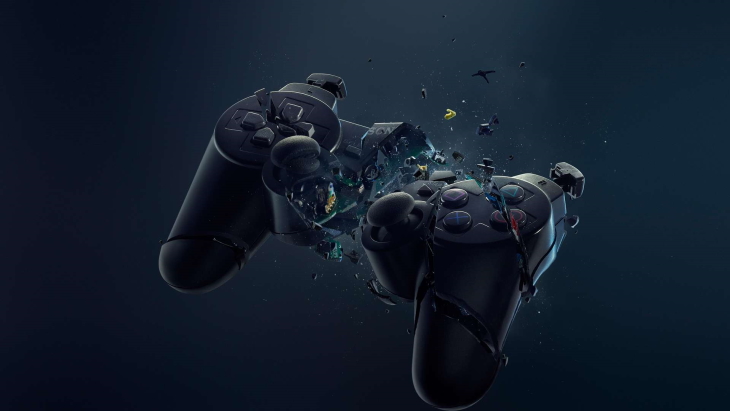
Politicians in the Kagawa Prefecture of Japan (based in Japan’s second smallest island, Shikoku) have proposed limits of the amount of time children can play games to counter game addiction, or so-called “gaming disorder.”
NHK News and Otakomu (via Sora News 24) report that on January 10th, a “special committee” of legislators met, and then proposed a new law. The law would see those in high-school (17 or younger, and those who would not graduate until later) living in the prefecture only being allowed to play video games for one hour a weekday, and 90 minutes on weekends and holidays.
The proposal also limits when children can play, with the aforementioned definition of high-school goers stopped at 10 p.m., with an unreported younger demographic stopped at 9 p.m.
The committee reportedly cited (in Sora News 24’s own words) “a need for government countermeasures against video game and Internet addiction” as their reasoning behind the proposed laws.
No punishments were reportedly mentioned in the proposal, and the committee is now gathering public opinion and make the necessary adjustments before being presented at the assembly’s regular plenary session in February.
The news bears similarities to a story in November 2019, where the Chinese government implemented new laws restricting the time minors played video games to computer game addiction.
For comparison, their laws banned under 18’s from playing online games between 10 pm and 8 am, in addition to a 90 minute per-day restriction (or three hours per-day at weekends and public holidays). As you can see, the latter is more than the proposal for the Kagawa Prefecture (to reiterate, one hour every weekday, and 90 minutes on weekends and holidays).
In addition, the Chinese government implemented restrictions on what 16 to 18 year-olds can spend in online games, having to use a form of “valid identity information” in an expansion of the existing real-name registration laws when creating an online account.
Both the Chinese government and some Japanese politicians seem to be basing their decisions off recent decisions by the World Health Organization (WHO).
While they officially declared “gaming disorder” as a disease in May 2019, a study by Oxford University has found no evidence to support the classification. Even prior to the University’s research, the proposed classification was condemned by numerous psychologists and scholars.
Curiously, Chris Ferguson (professor of psychology at Stetson University in Florida, Psychologist and media researcher) had discovered during his own research via emails from whistle-blowers within the WHO (along with reports), claiming that the WHO is under pressure to push this diagnosis from stakeholders and “primarily Asian countries” respectively.
In case you missed it, you can find our Gaming Disorder editorial series here [1, 2, 3].
What do you think? Sound off in the comments below!
Image: Wallpaper Safari